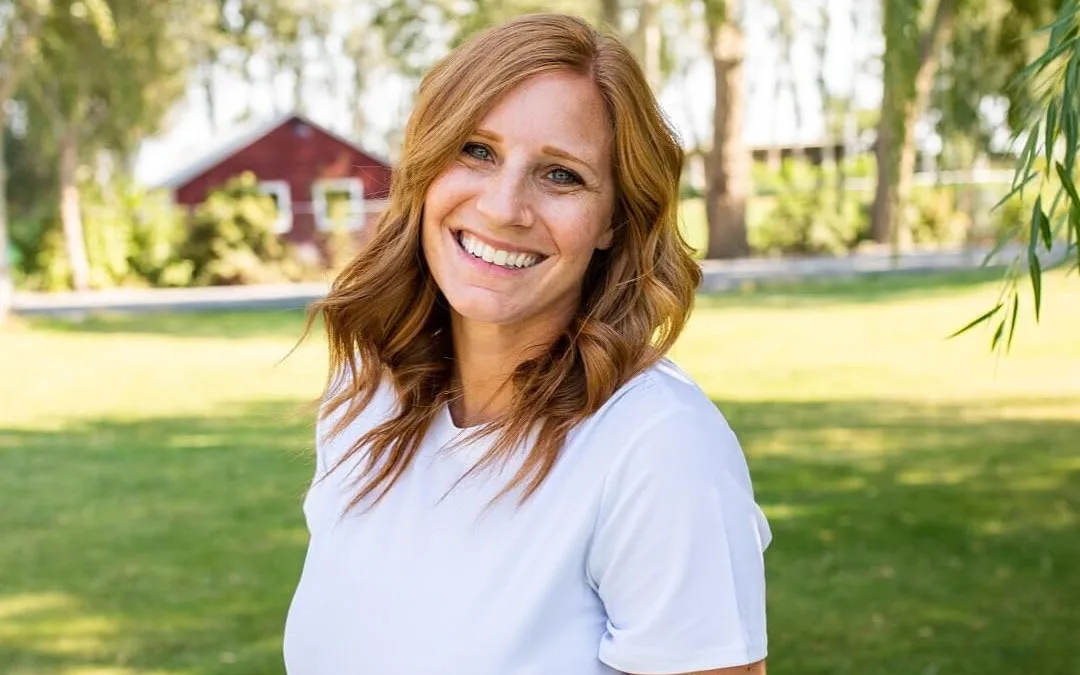
Know Better, Do Better
Have you heard the saying “Know better, do better”? It’s being thrown around like confetti wherever I look. “See this homemade foaming hand soap? It doesn’t use the following terrible ingredients. You should use it. Know better, do better.” Now, to be fair, I like learning about better-for-you products. The problem is that we often use this saying to shame people rather than to encourage them. If they know better (because we told them so) but don’t actually do better, shame on them!
This saying does have some merit, but it needs to be used correctly with the right motivation. If I know that speaking words of slander destroys relationships, why in the world would I do it? And if I know passive-aggressive comments hurt the people I love, why would I keep muttering them under my breath? Probably the same reason I keep using products that I know are not the best for me. I make the conscious decision to stay comfortable where I’m at. Change would cause discomfort and possibly mean I was wrong.
But if I don’t do better once I know better, my words will have the same effect as a demolition project. If I wanted to demolish a building, the obvious way would be to bring in a wrecking ball and knock it over in a few fell swoops. But there’s another way. I could stand at the back of the building and throw rocks and bricks at it. It might not look like much, but over time, slowly but surely I would tear down that building. One broken window here, another hole in the wall there. It would take months, maybe a year, before people began to see areas that had been slowly chipped away. This is how destructive our words can be. Once we know that, we must make a change.
Thank goodness for redemption and a God who paid the ultimate price so that you and I could be forgiven for our sins. We’re covered by His grace and love in a way that doesn’t leave us where we are but, instead, says, “Go and sin no more”—just as Jesus said to the woman everyone wanted to stone. Remember her? You can find the story in John 8:1-11, but here’s the gist: the Pharisees were trying to trick Jesus, so they brought a woman to him and said, “This woman was caught in the act of adultery. The law of Moses says to stone her. What do you say?”
Jesus knew the Pharisees’ wicked hearts and motivations. He responded, “All right, but let the one who has never sinned throw the first stone!” (verse 7). Can you imagine? Not a single person threw a stone. They all walked away, leaving only Jesus and the woman. And his instructions to her were straightforward: “Go and sin no more” (verse 11).
If that story isn’t the simplest picture of redemption and grace wrapped up in God’s love, I don’t know what is. But you know what else I find interesting here? Many times, we forget those last five words of the story. It’s easy to focus on how Jesus stood up for the woman and put everyone else in their place. If we stop short of these five words, though, we lose the heart of Jesus completely. Without those five words, forgiveness becomes flippant and something we can just expect over and over because, no matter how many times we do wrong, grace and forgiveness will follow, right? But that last part—“go and sin no more”—encourages the heart change needed to do better and keep doing it in a way that honors the Lord. We can have all the forgiveness in the world and still stay stuck. It’s the redemptive nature of God—paired with His forgiveness—that allows us to see a way out of our sin instead of staying stuck in it. Once we’re redeemed, God wants us to move forward, away from sin—and this redemption is part of the process.
Aren’t you glad our God isn’t one-dimensional? His heart is not solely defensive (although he is our defender). Nor is His heart only on the offense (although He does move on our behalf and go before us). God is both of those things—He is all things—but even more than that, His heart for His people, for us, is that our hearts would change. And God’s ways don’t require us to be loud or talk more at other people. He asks us to look inward and allow Him to prune the areas that aren’t producing good fruit and to nourish the areas that are.
In our house, we love to play card games. One of them is a favorite for everyone: Uno. It’s the perfect beginning card game. Bright colors, simple numbers, basic rules. But you know what happens when we teach our boys to play? They make a lot of mistakes. Sometimes they play the wrong color at the wrong time. Sometimes they mistake the 6 for the 9. Sometimes they even lay down a card only to change their minds and ask if they can play a different one. (GASP. I know. A travesty.)
But as their mom, when they make a mistake, you know what I do as I’m teaching them? I give them a second chance. Lots of second chances, in fact. Because I love them, I want them to learn to play correctly. I don’t want them to always play like beginners. Sometimes I have to remind them of the rules over and over, but one day, it clicks!
You know what else I do? When they make a mistake or ask for a do-over, I don’t just tell them to try again and watch as they stumble to guess the right move. I show them the correct way to play. I demonstrate it. And then I make sure they understand what I said. I don’t let them stay stuck, doing it wrong over and over. I want them to move forward. I give them the tools to learn and sit beside them as they play. I want them to feel equipped to do it right.
I love my children, want the best for them, and am willing to teach and equip them, and there is a God who feels the exact same way about us. About me. About you! Because we are His children. I think we sometimes forget that as we are busy doing all the adult things in life. When we come to know God—whether at age five, fifteen, fifty, or seventy-five—we surely don’t come knowing it all. But as we open our hearts to what God has for us, He begins to take us from that young child just learning to someone who begins to know and understand our purpose in Him. Someone who’s able to know and do better.
Adapted from Well Said: Choosing Words that Speak Life, Give Grace, and Strengthen Your Faith and Family by Sarah Molitor. Copyright© 2023. Used by permission of Tyndale House Publishers, a Division of Tyndale House Ministries. All rights reserved.














